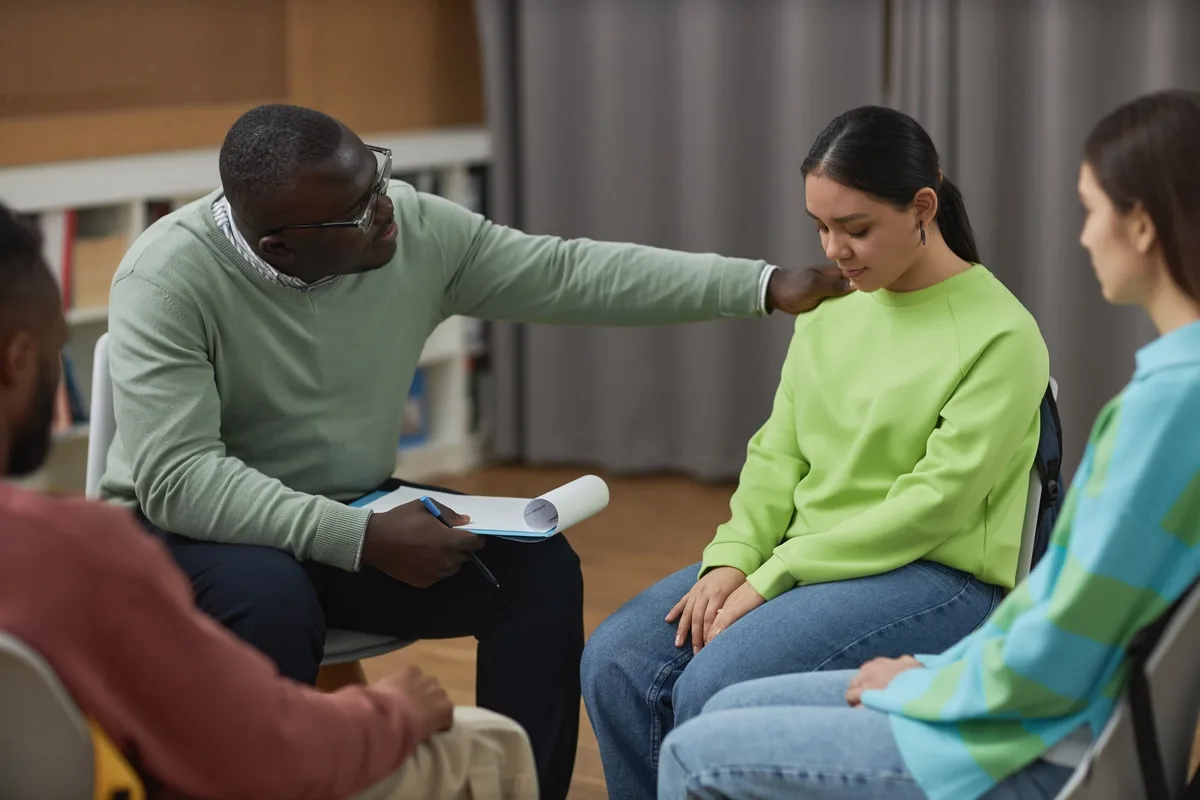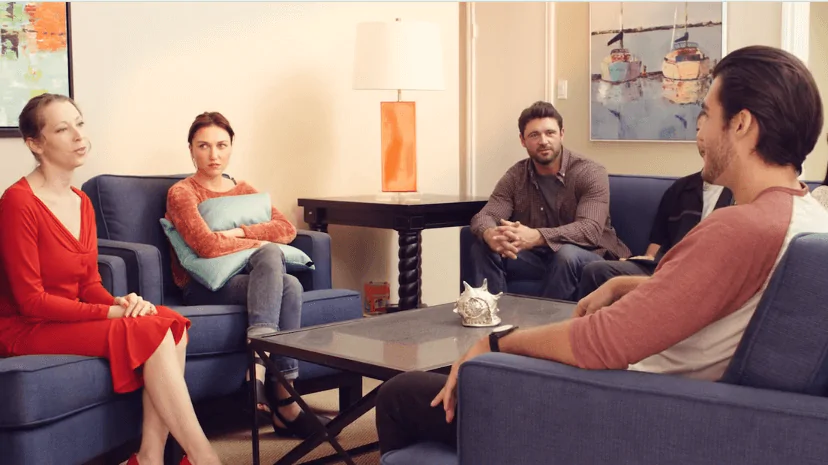24/7 Helpline:
(866) 899-221924/7 Helpline:
(866) 899-2219
Learn more about PTSD Rehab centers in Alachua
PTSD Rehab in Other Cities

Other Insurance Options

Sutter

Covered California

Magellan Health

Medical Mutual of Ohio
Beacon

Access to Recovery (ATR) Voucher

State Farm

Amerigroup

Evernorth

Ambetter

Cigna

BHS | Behavioral Health Systems

Optum

Coventry Health Care

Molina Healthcare

Health Partners

Absolute Total Care

Excellus

ComPsych

Anthem

Better Beginnings
Better Beginnings is a private rehab located in Alachua, Florida. Better Beginnings specializes in t...














